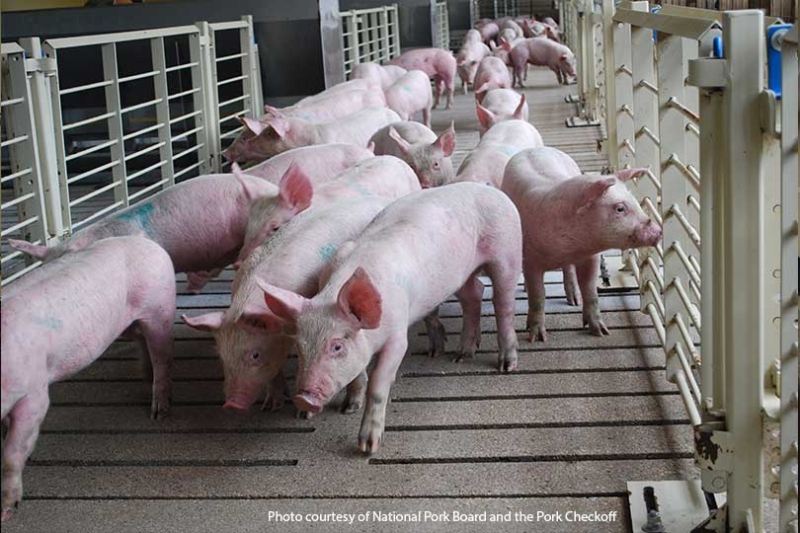Vaccines against African swine fever are close to approval in Vietnam.
U.S. and global officials say the approval would be a major breakthrough against the deadly swine fever.
Because the virus is not present in the U.S., the pilot program was conducted in Vietnam.
The deadly animal disease has impacted the pork industry for years, leading to billions of dollars in losses to the market.
Over the years, scientists have attempted to create successful vaccines, and two are now nearing approval.
The vaccines were co-developed by U.S scientists and are being tested in large pilot schemes by Vietnamese companies. Gregorio Torres, head of the science department at the World Organisation for Animal Health, said the pilot tests have been showing “very promising” results.
Torres noted this is the closest any African swine fever vaccine has come to working and has high chances of succeeding.
Each vaccine received approval in Vietnam for pilot commercial use, which is now completed. The next step is nationwide authorization.
Although the U.S. pig population has been free from the virus, U.S. Secretary of Agriculture Tom Vilsack noted there was likely to be interest in precautionary purchases.
In their most recent report, World Organisation for Animal Health said swine fever is in nearly 50 countries and caused about 1.3 million pig deaths since 2021. There are no current outbreaks.
U.S. Department of Agriculture (USDA) researchers reviewed the results of NAVET-ASFVAC, one of the vaccines which was co-developed with NAVETCO, a Vietnamese company.
USDA said the vaccine showed a high level of efficacy and no safety risks or problems. But it was temporarily suspended after dozens of pigs died last year when farms used the vaccine off-label and administrated the vaccine to pigs that were not supposed to receive it.
No problems occurred when the vaccine was administered with veterinary monitoring.
NAVET-ASFVAC is an attenuated live-virus vaccine.
The second vaccine, AVAC ASF LIVE has been administrated to more pigs, but has not been reviewed by the USDA.

